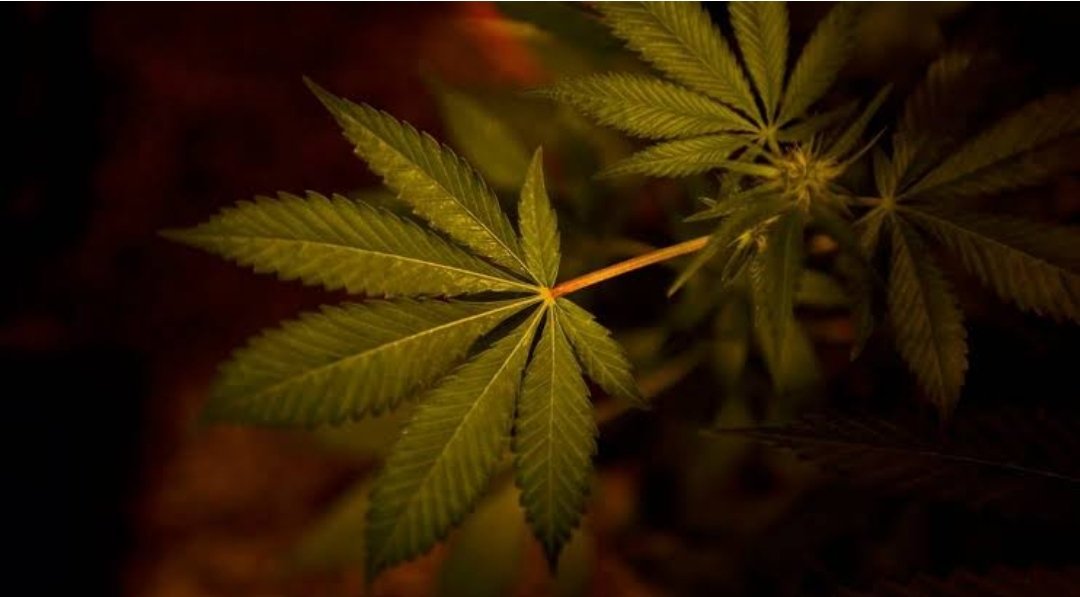Keypoints:
- The U.N. Commission on Narcotic Drugs voted Wednesday to remove cannabis and cannabis resin from a category of the world’s most dangerous drugs.
- Wednesday’s vote does not clear U.N. member nations to legalize marijuana under the international drug control system.
The U.N. Commission on Narcotic Drugs has voted to remove cannabis and cannabis resin from a category of the world’s most dangerous drugs, which could impact the global medical marijuana industry.
The debate on the subject of whether Cannabis should still be on the list of drugs has been brought to a new phase, when the World Health Organization (WHO), in its last general balance, eliminated this substance from the ‘drug’ category.
The WHO document recognizes that there are no reported cases of abuse or dependence on the substance, and that it does not represent a danger to public health.
The committee that produced the report claims that, based on previous studies, Cannabis lacks psychoactive characteristics . This creates new possibilities for the substance to be used in other types of studies and research.
It is important to mention that Cannabis presents research data since the 60’s , and it has presented various prevailing limitations that prevent the potential benefit for millions of patients.
The Vienna-based U.N. agency said in a statement that it had voted 27-25, with one abstention, to follow the World Health Organization’s recommendation to remove cannabis and cannabis resin from Schedule IV of the 1961 Convention on Narcotic Drugs, where it was listed with heroin and several other opioids.
Wednesday’s vote therefore does not clear U.N. member nations to legalize marijuana under the international drug control system. Canada and Uruguay have legalized the sale and use of cannabis for recreational purposes, but many countries around the world have decriminalized marijuana possession.
Last March, the vote was planned to reduce the restrictions for scientific research and medicinal use in various regions of the world. The main reason for this postponement is due to the need to clarify the implications and consequences of said decision, taking into account its complexity.

